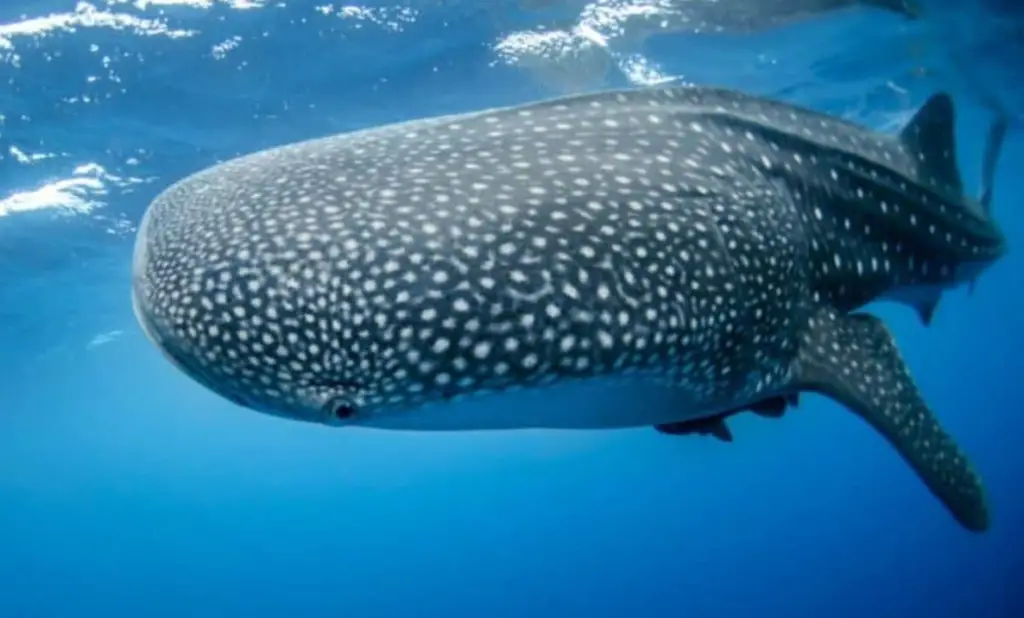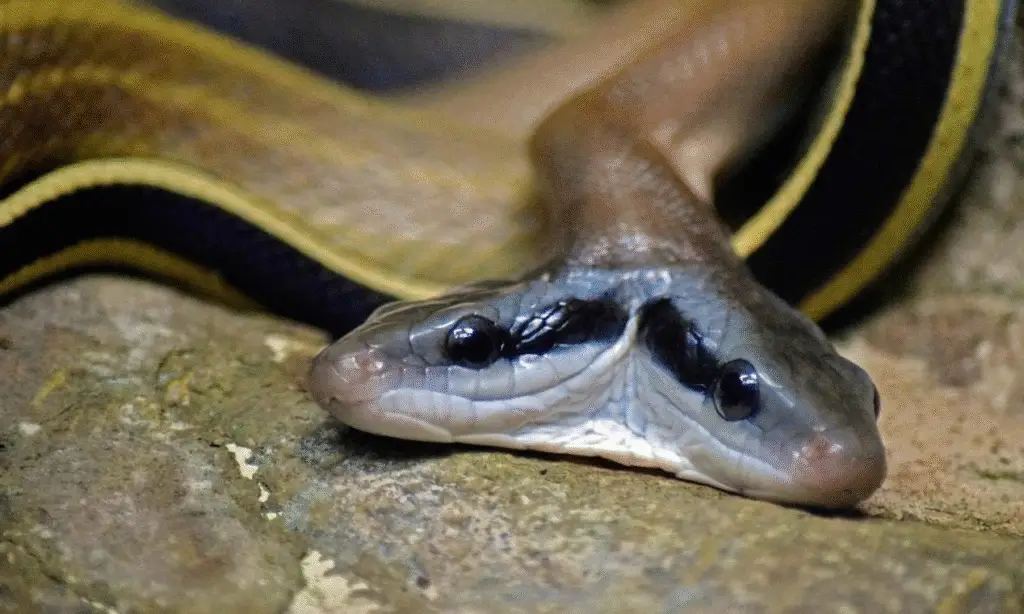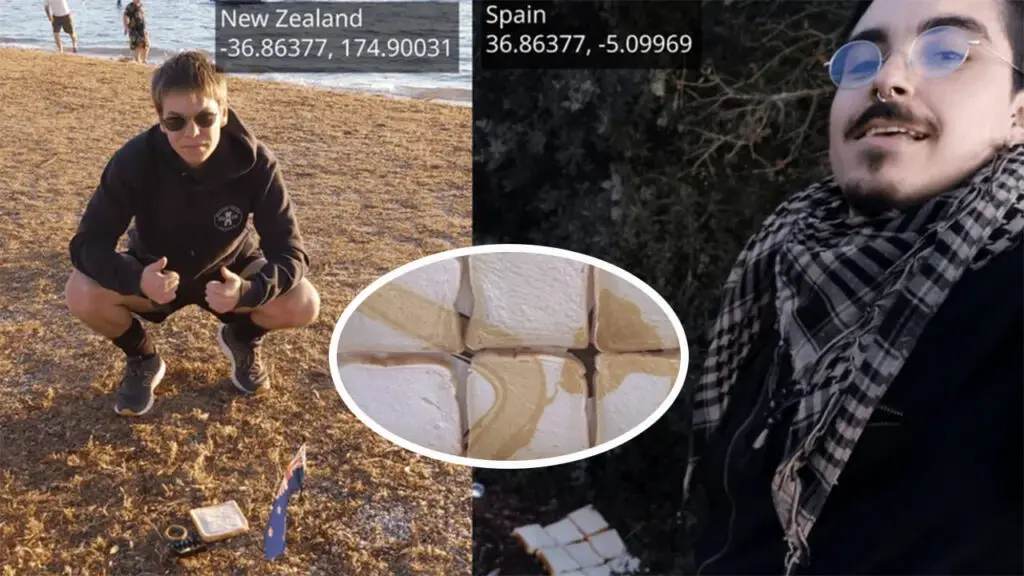Mount Etna’s Eruption Creates Illusion of a Phoenix Lighting Up Sicily’s Sky

Let’s be real: Mother Nature doesn’t need a special effects team.
Case in point? Sicily’s Mount Etna, Europe’s most active volcano, which recently treated onlookers to a jaw-dropping display—a lava eruption that eerily resembled a phoenix rising from the ashes.
Social media exploded with awe, but the science behind this fiery marvel is even wilder than the memes.
The “Phoenix Eruption”: When Lava Becomes Art
Talk about a showstopper. During the early hours of February 24, 2025, Etna’s latest eruption sent glowing lava cascading down its slopes, illuminating the night sky in a primal dance of orange and red.
But it wasn’t just the lava that stole the show.
As plumes of ash and steam billowed into the air, the combination of molten rock and atmospheric conditions created an uncanny silhouette of a phoenix—complete with outstretched “wings” and a trailing tail.
Instagram users flooded posts with comments like, “Etna’s flexing its creativity again!” and “Who needs CGI when you’ve got volcanoes?”.
This isn’t the first time Etna has pulled off this trick.
Back in 2023, a similar eruption wowed spectators with the same mythical bird illusion, proving that volcanoes have a flair for the dramatic.
But this time, the spectacle coincided with a fresh surge of activity that’s kept volcanologists on their toes.
Etna’s 2025 Eruption: A Volcano That Refuses to Chill
Just when scientists thought Etna might be winding down, the volcano said, “Hold my magma.”
On February 23, a fracture at the base of the Bocca Nuova crater reignited, sending a “well-fed branch of fire” snaking down the mountainside alongside older lava flows.
The volcanic tremor—a rumbling signal of underground activity—had briefly dipped, lulling some into thinking the show was over.
But as researcher Grazia Musumeci noted, “The interruption was too sudden. Etna wasn’t done yet”.
By dawn, the new lava flow had become a headline act, sputtering fountains of molten rock captured in stunning detail by photographers like Marisa Liotta and Giovinsky Aetnensis.
Their images reveal rivers of lava cutting through the dark, a reminder that Etna isn’t just active—it’s alive, and it’s got stamina.
“This eruption could last weeks… or morph into something entirely new,” Musumeci added.
Why Does Etna Keep Pulling the Phoenix Trick?
So how does a volcano mimic a mythical bird? Blame it on physics and a dash of luck.
When lava erupts explosively, it propels ash and gases skyward.
Under certain wind conditions and lighting—especially at dawn or dusk—these plumes can twist into shapes that spark the imagination.
“It’s like cloud-watching, but with more adrenaline,” said one local tour guide.
The 2025 phoenix effect was amplified by the contrast between the incandescent lava and the dark night, creating a stark, almost cinematic outline.
But let’s not forget: This beauty has teeth. Etna’s eruptions, while rarely life-threatening, can disrupt air travel and blanket nearby towns in ash.
In 2021, the volcano spat ash 10 kilometers into the sky, forcing temporary airport closures.
This time, though, the lava’s path has stayed mostly within Etna’s uninhabited upper slopes, giving Sicilians a rare chance to enjoy the show without the stress.
The Science of Etna’s Staying Power
Etna isn’t just showing off—it’s a geological workhorse.
Sitting atop the collision zone of the African and Eurasian tectonic plates, the volcano has been erupting for over 500,000 years.
Its 2025 activity is part of a pattern of frequent but relatively mild outbursts, a hallmark of its “Strombolian” style (think lava fountains rather than catastrophic explosions).
What’s fascinating about this latest phase is the stop-start rhythm. The lava flow from Bocca Nuova crater paused abruptly on February 22, only to roar back to life hours later.
Volcanologists speculate that pressure build-ups in Etna’s intricate network of magma chambers might explain these hiccups.
“It’s like the volcano is clearing its throat before delivering another monologue,” joked one researcher.
Social Media’s Love Affair with Etna
From Instagram to Threads, Etna’s phoenix moment has gone viral.
The hashtag #EtnaPhoenix has racked up millions of views, with users sharing time-lapses of the eruption set to epic soundtracks.
Photographer Samir, whose shot of the 2023 phoenix illusion went viral, told followers: “Etna doesn’t erupt—it performs”.
Even TikTokers are getting in on the action.
One clip, set to the Game of Thrones theme song, zoomed in on the lava’s “wings” with the caption: “Dracarys, Sicilian style.” Not everyone’s impressed, though. “Cool, but my phone camera could never,” grumbled a user on Threads.
What’s Next for Etna?
Predicting Etna’s next move is like guessing the finale of a reality TV show—you know there’ll be drama, but the details are fuzzy.
The current eruption could fizzle out in weeks… or escalate.
Historical data shows Etna’s cycles can last months, with periods of quiet punctuated by fresh outbursts.
For now, scientists are glued to their monitors, tracking gas emissions and tremor patterns.
Tourists, meanwhile, are flocking to Sicily for a glimpse of the action. “It’s humbling,” said one visitor. “You realize how small we are compared to forces like this.”.
Final Thought: Etna’s Lesson in Resilience
Whether it’s crafting phoenix shapes or reminding us of nature’s raw power, Mount Etna never fails to mesmerize.
Sure, it’s unpredictable—but isn’t that what makes it thrilling? As the volcano continues its slow, fiery waltz, one thing’s clear: Etna isn’t just a landmark.
It’s a living, breathing reminder that Earth’s story is still being written… one eruption at a time.































